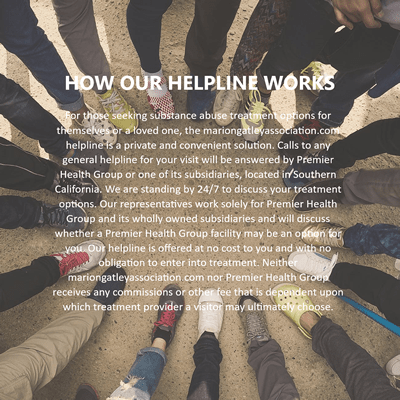When someone is addicted to drugs, their body slowly deteriorates. Alcohol poisons the liver and can cause cancers. Drugs suppress appetite, which means addicts rarely eat and don’t get the nutrition they need. In terms of appearance, drugs weaken the skin and hair, robbing them of their elasticity and strength. And of course, drugs harm the brain, interfering with neural networks and altering pathways.
In addition to all of these detrimental effects, drugs also cause dehydration. Though it seems like a small matter, secondary or even tertiary to other concerns, a lack of sufficient water has serious effects, especially for those in drug rehab and early recovery.
Water is imperative for general health and function of the body. In addition to ensuring that organs are working and regulating body temperature, water literally flushes waste, toxins, and bad bacteria out of the body. As you might imagine, this property is essential for anyone trying to heal from the devastating effects of drug use. Water clears the body of lingering toxic substances, heals damaged cells, and dissolves nutrients and minerals for better uptake by the body. In short, drinking enough water can significantly aid the recovery process of anyone going through detoxification in an addiction recovery facility.
In early recovery, after leaving an addiction treatment center, many people manage their self-control by abstaining from drugs but bingeing on sodas, energy drinks, coffee, and sugar. While these foods and drinks are the lesser of two evils, they will begin to take a toll on the body in recovery, which desperately needs water. Most caffeinated drinks and sugary or salty foods cause dehydration, which causes irritability, confusion, tiredness, headaches, and dizziness and can contribute to and exacerbate cravings.
Various guidelines recommend drinking eight eight-ounce glasses of water per day, or half your bodyweight in ounces (for example, a 140-pound woman should drink 70 ounces of water per day). Carrying a water bottle around and drinking free tap water are great ways to continue filling up throughout the day. Another strategy for getting more water is to drink a full glass of water right after waking up. Try to avoid caffeine and consume more raw fruits and vegetables, which have higher water contents. For the best chance at long-term recovery, people should strive to fill their bodies with good foods, good nutrition, and water, all of which will heal the body and reduce cravings.
If you or someone you love is suffering from alcohol or drug addiction, contact Intervention Drug Rehab Association today. With luxury treatment, clients can recover in peace, privacy, and comfort. Our staff is highly experienced and can treat dual diagnosis as well as supervise a safe detoxification process. During treatment, clients will attend group and individual meetings in order to determine the root cause of their addiction and develop networks of support. Clients will also gain practical skills for addressing cravings and avoiding relapse. Please contact us today to turn a life around, and begin a new chapter of lifelong sobriety and wellness.



